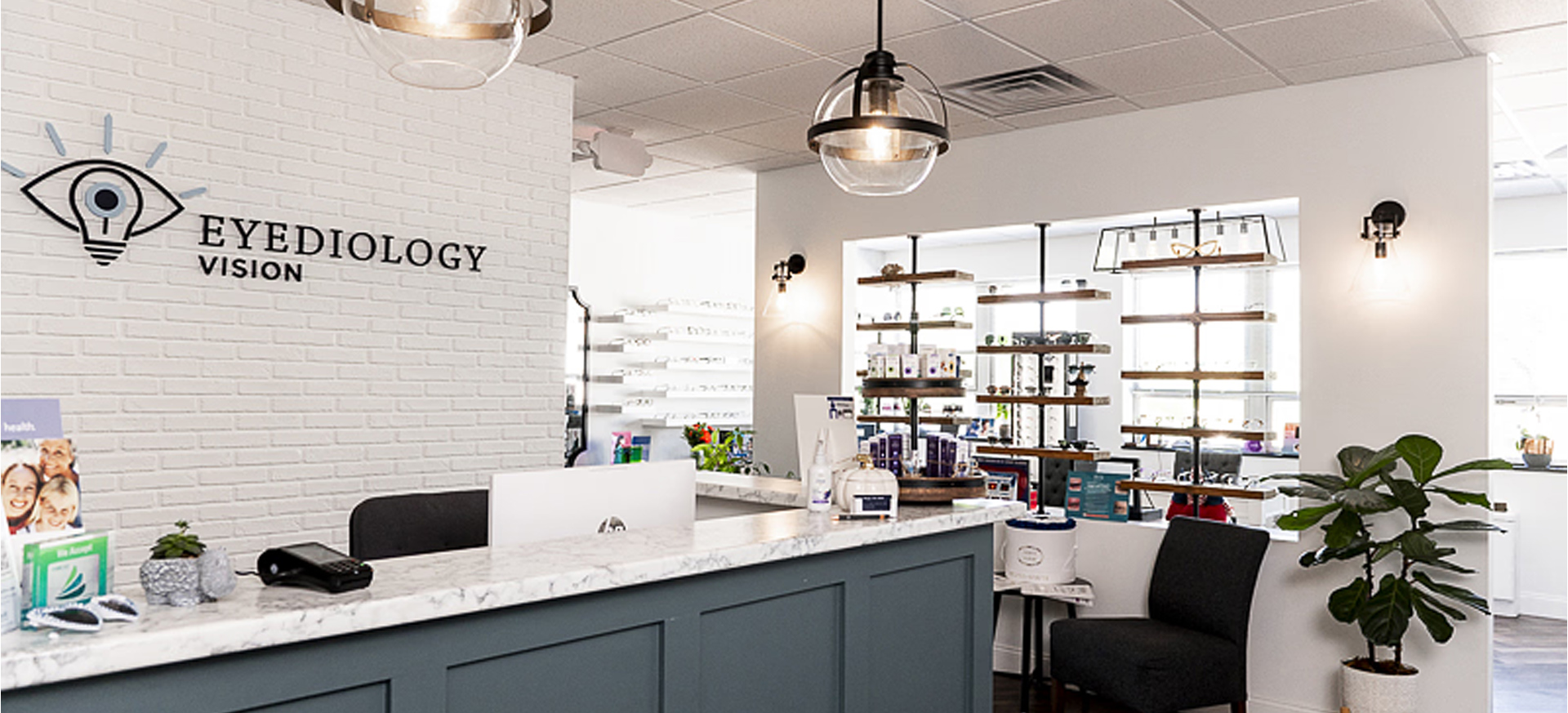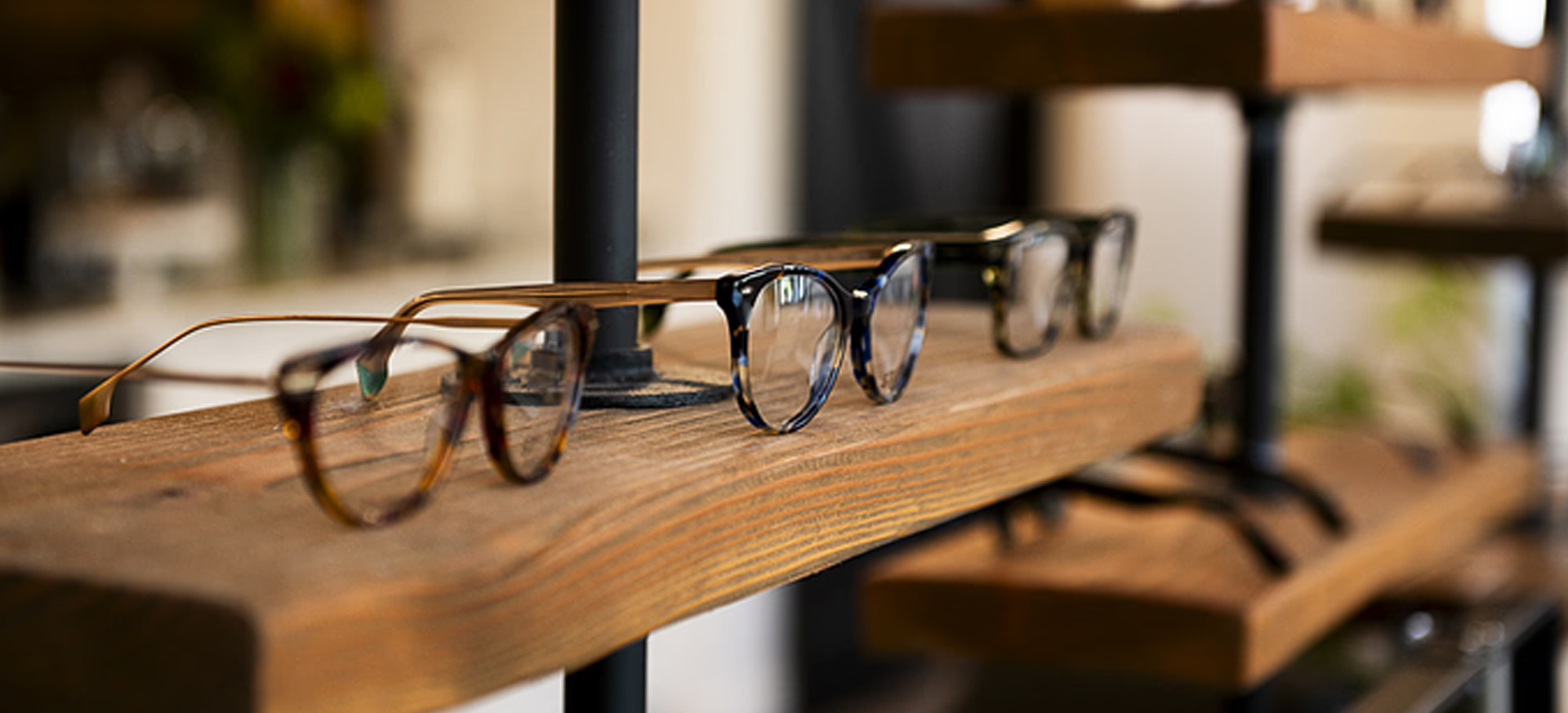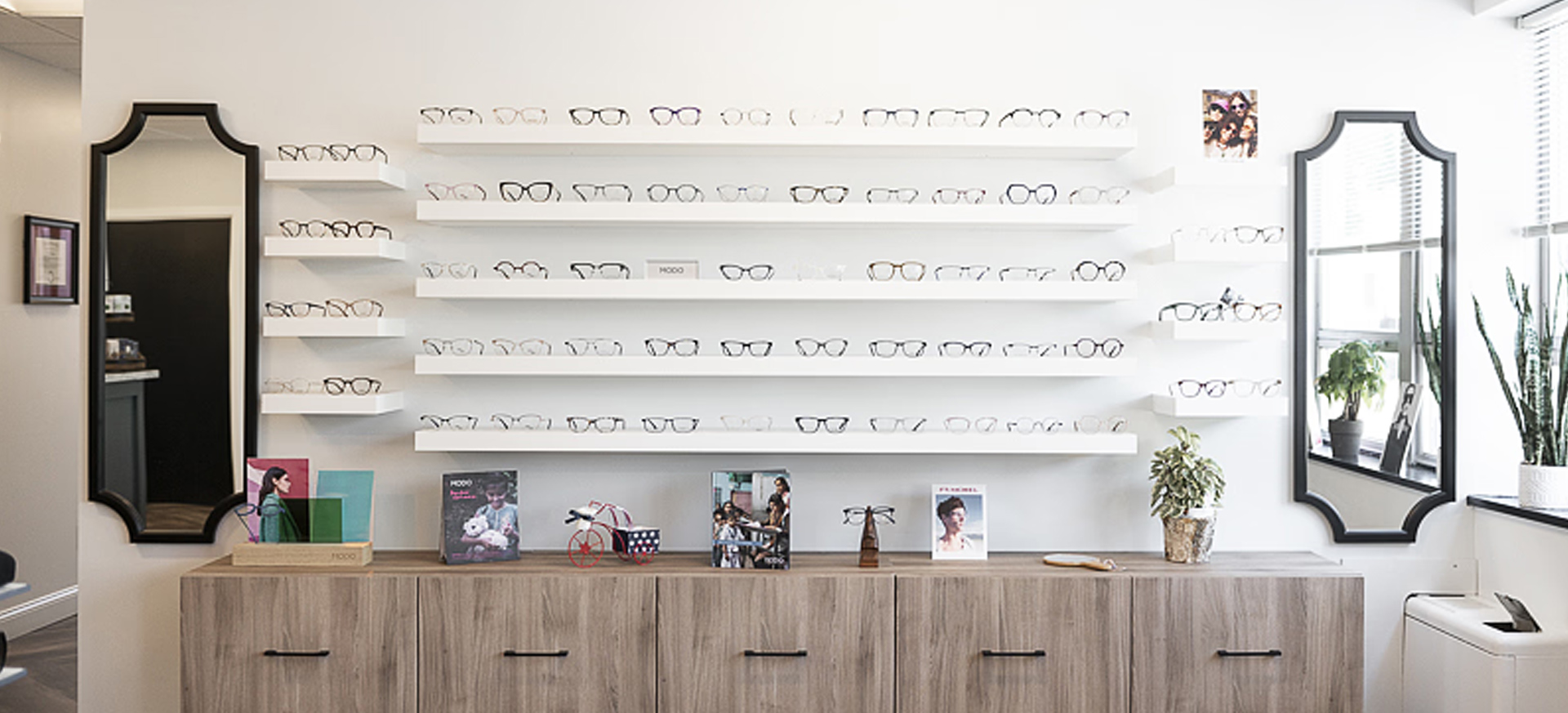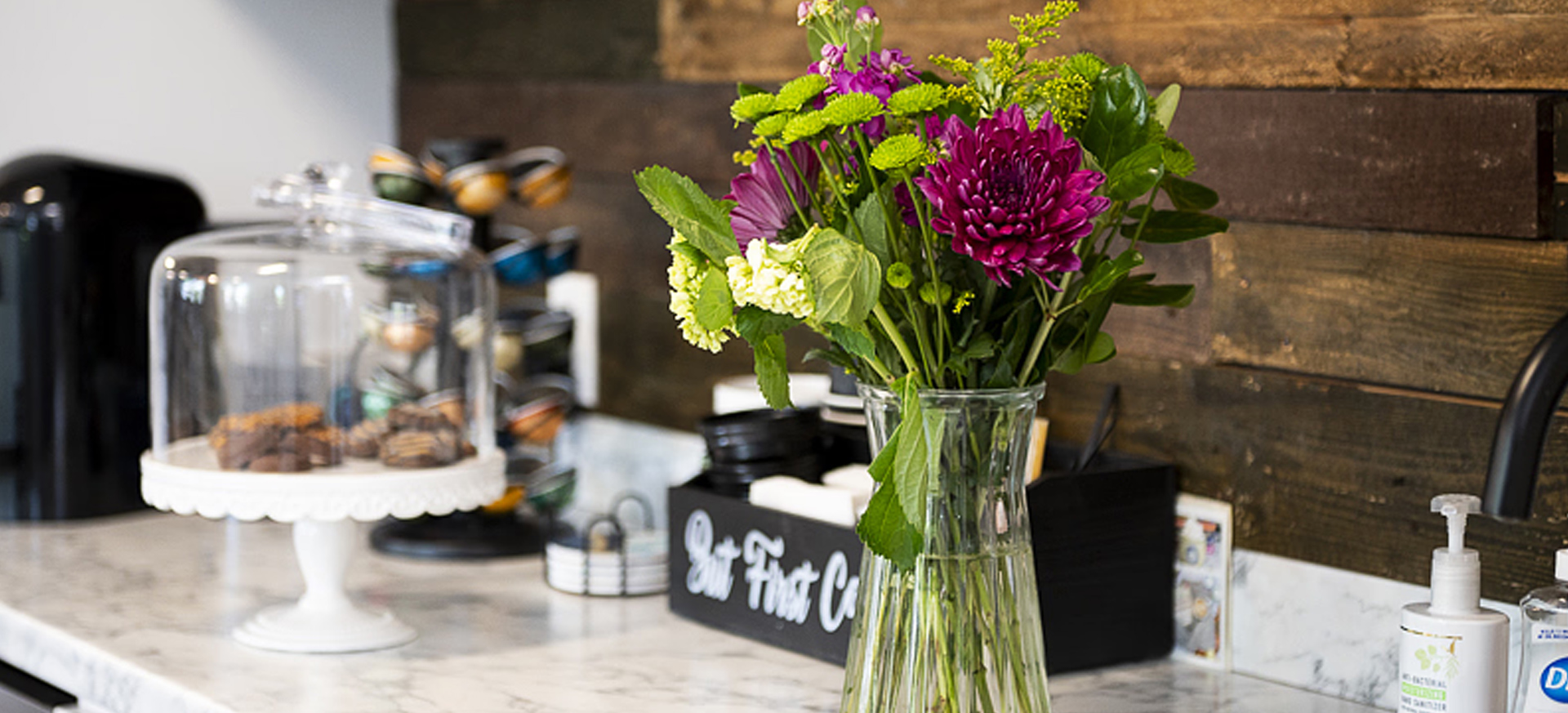Request An AppointmentRequest An AppointmentRequest An AppointmentRequest An AppointmentRequest An Appointment

Dry eye is a common and often chronic condition that affects millions of people worldwide. It occurs when your eyes don't produce enough tears or when the tears evaporate too quickly, leading to discomfort, irritation, and even vision problems. Experiencing dry eye can be a frustrating and debilitating issue, but the good news is that there are steps you can take to prevent and manage this condition.
Understanding the Causes of Dry Eye
One of the leading causes of dry eye is meibomian gland dysfunction (MGD). The meibomian glands are responsible for producing the oily layer of your tears, which helps prevent tear evaporation. When these glands become blocked or dysfunctional, the tear film becomes unstable, leading to dry eye symptoms. Dry eye can also be caused by a variety of other factors, including:
• Age: As you get older, your tear production naturally decreases, making you more susceptible to dry eye.
• Gender: Women are more likely to develop dry eye, especially during hormonal changes such as pregnancy, menopause, or while taking certain medications.
• Environmental Factors: Exposure to dry, windy, or air-conditioned environments, as well as prolonged screen time, can contribute to tear evaporation and dry eye.
• Medications: Certain medications, such as antihistamines, decongestants, and antidepressants, can reduce tear production.
• Medical Conditions: Underlying health issues like Sjögren's syndrome, rheumatoid arthritis, and thyroid disorders can lead to dry eye.
Common Symptoms of Dry Eye
The symptoms of dry eye can vary from person to person, but some of the most common include:
· Irritated, red, or burning eyes
· Feeling of a foreign object in the eye
· Blurred or fluctuating vision
· Sensitivity to light or wind
· Difficulty wearing contact lenses
· Excessive tearing
If you experience any of these symptoms, it's important to address them promptly to prevent the condition from worsening.
How to Prevent Dry Eye
Making certain lifestyle changes can go a long way in preventing and managing dry eye. Here are some recommendations:
• Reduce Screen Time: Take regular breaks from digital devices, such as computers, smartphones, and tablets, to give your eyes a chance to rest and recover.
• Adjust Your Environment: Use a humidifier to add moisture to the air, and avoid exposure to dry, windy, or air-conditioned environments when possible.
• Modify Your Diet: Incorporate foods rich in omega-3 fatty acids, such as fatty fish, nuts, and seeds, which can help reduce inflammation and improve tear quality.
• Stay Hydrated: Drink plenty of water throughout the day to keep your body and eyes well-hydrated.
• Practice Good Eyelid Hygiene: Gently clean your eyelids and lashes to remove any buildup or debris that could contribute to MGD.
The Importance of Seeing an Optometrist for Proper Diagnosis
While home remedies and self-care can be helpful, it's essential to see an optometrist for a proper diagnosis and personalized treatment plan. They can perform a comprehensive eye exam to identify the underlying cause of your dry eye and develop a tailored approach to address your specific needs. An optometrist may recommend:
· Prescription eye drops or ointments to reduce inflammation and improve tear production
· Specialized treatments for meibomian gland dysfunction, such as thermal pulsation therapy or intense pulsed light therapy
· Lifestyle and dietary recommendations to support overall eye health
By working closely with your optometrist, you can ensure that your dry eye is properly managed and that you receive the most effective treatment to prevent and alleviate your symptoms.
Taking Steps to Prevent Dry Eye and Maintain Healthy Eyes
Dry eye is a common and often chronic condition, but with the right approach, you can take steps to prevent and manage it. By understanding the causes, addressing meibomian gland dysfunction, and implementing lifestyle changes and home remedies, you can help keep your eyes healthy and comfortable.
If you're struggling with dry eye, schedule an appointment with Eyediology Vision. We can help you identify the underlying cause of your condition and develop a personalized treatment plan to alleviate your symptoms and prevent further complications. Visit our office in Providence, Rhode Island, or call (401) 903-4100 to book an appointment today.














